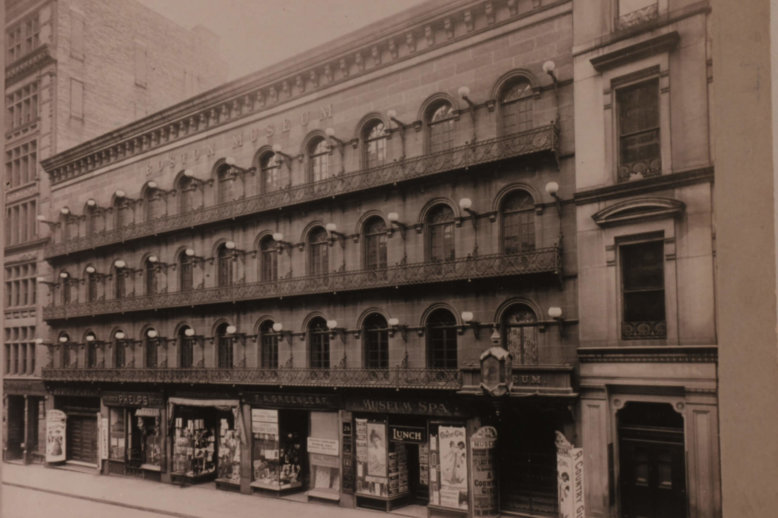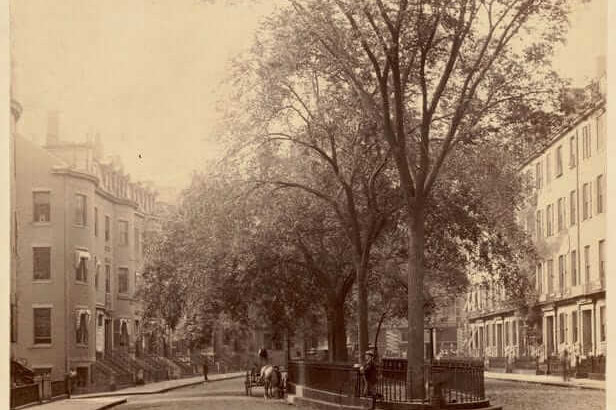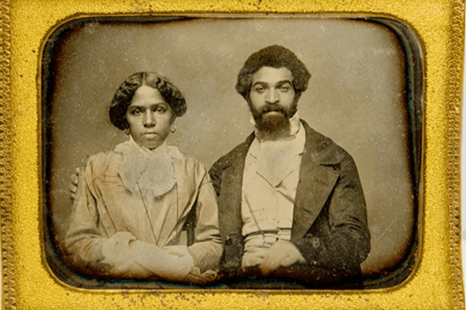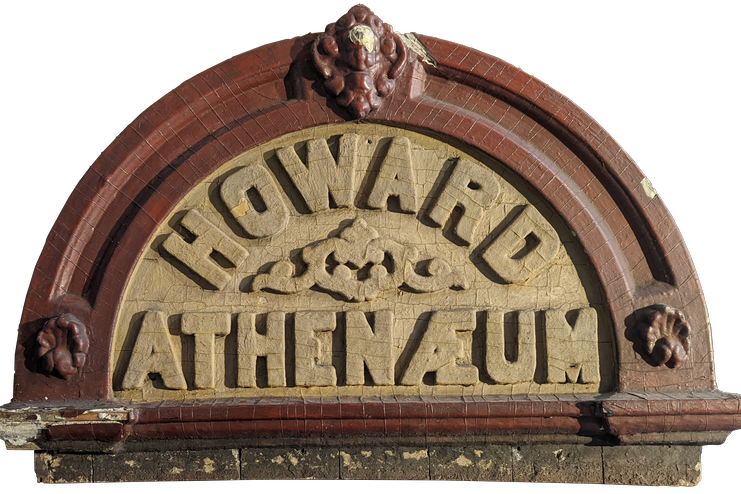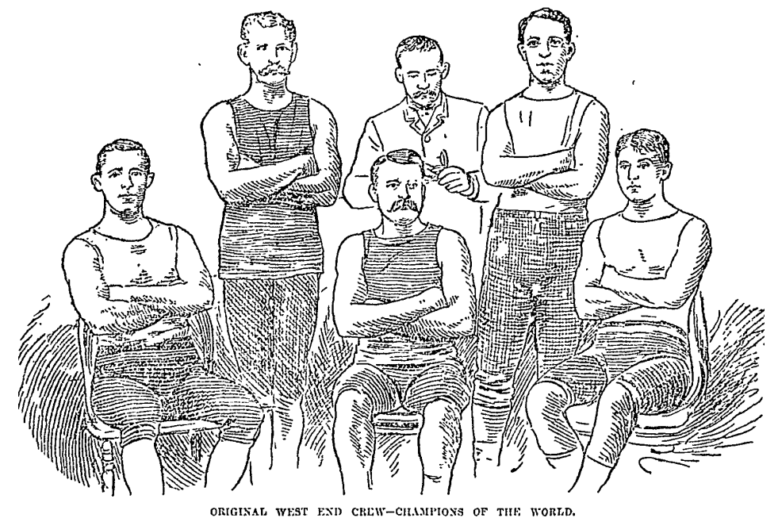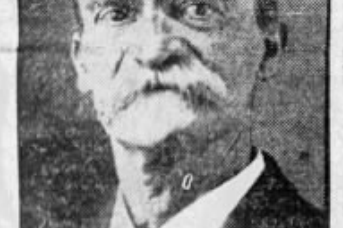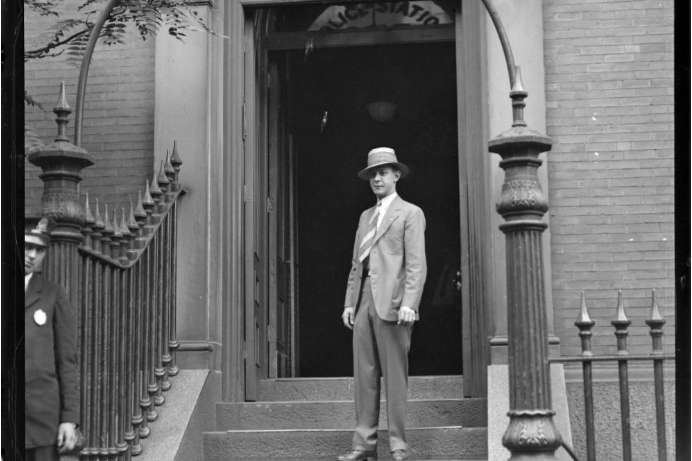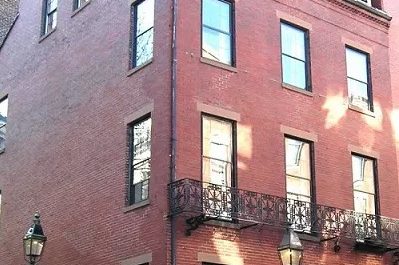Era: West Boston(~1780-1880)
Black Community on Beacon Hill, Brahmins on the flat
In an age of ongoing Puritan restrictions on theatrical shows, Moses Kimball founded the Boston Museum as a venue which bowed to the cultural aspirations and respectability of mid-19th Century Boston, but at the same time gave the people what they wanted; live performances. Before the renowned Howard Athenaeum (and later the Old Howard) had opened its doors across the square, the Boston Museum attracted large audiences to the Scollay Square area to witness music, drama, and even moral instruction on stage.
Bostonians familiar with the demolition of the West End may not know how another once-prominent location in the city disappeared from the map. This spot, located on Beacon Hill, was designed for the homes of wealthy Boston families, and was established at about the same time as another famous residential location further down “the Hill.” But, unlike Louisburg Square, which is today synonymous with old Brahmin Boston, Pemberton Square remains largely forgotten, its remnants barely visible.
Raymond Reddick, a lifelong Boston resident who is now 74 years old, has spent decades collecting, documenting, and speaking to different audiences about his extensive African-American family history with deep ties to the historic West End.
Between 1845 and 1961, the Howard Anthenaeum served as a center of performances for a wide variery of clientele. Beginning its life as an upper-class theater, it became a legendary venue for minstrel shows and burlesque until it was demolished as part of the Government Center urban renewal project.
James Butler (1845-1921) was a famous rower who lived most of his life in the West End after his family came to the US from Ireland. He was instrumental in founding the West End Boat Club on the Charles River in 1865, and won many races with his brother, Thomas Butler.
Jeremiah J. Gilman, a Civil War veteran who lived on Chambers Street and Eaton Street in the West End, witnessed the immediate aftermath of President Abraham Lincoln’s assassination on April 14, 1865. After the Civil War, Gilman made it in the local newspapers not only as a veteran, but also as the purchaser of an investment property on Eaton St. that later became his home.
The West End’s Police Station at 74 Joy Street was built in 1863 less than a decade after the formation of the Boston Police Department. It served an important role in the community until 1962, after closing in 1937 and reopening due to public demand. The building now serves as the home of the Beacon Hill Civic Association.
John P. Coburn, an African-American clothier, participated in and financially supported the abolitionist movement in Boston. He later ran a gambling house out of his home on Phillips Street, one of the sites of the Black Heritage Trail.


